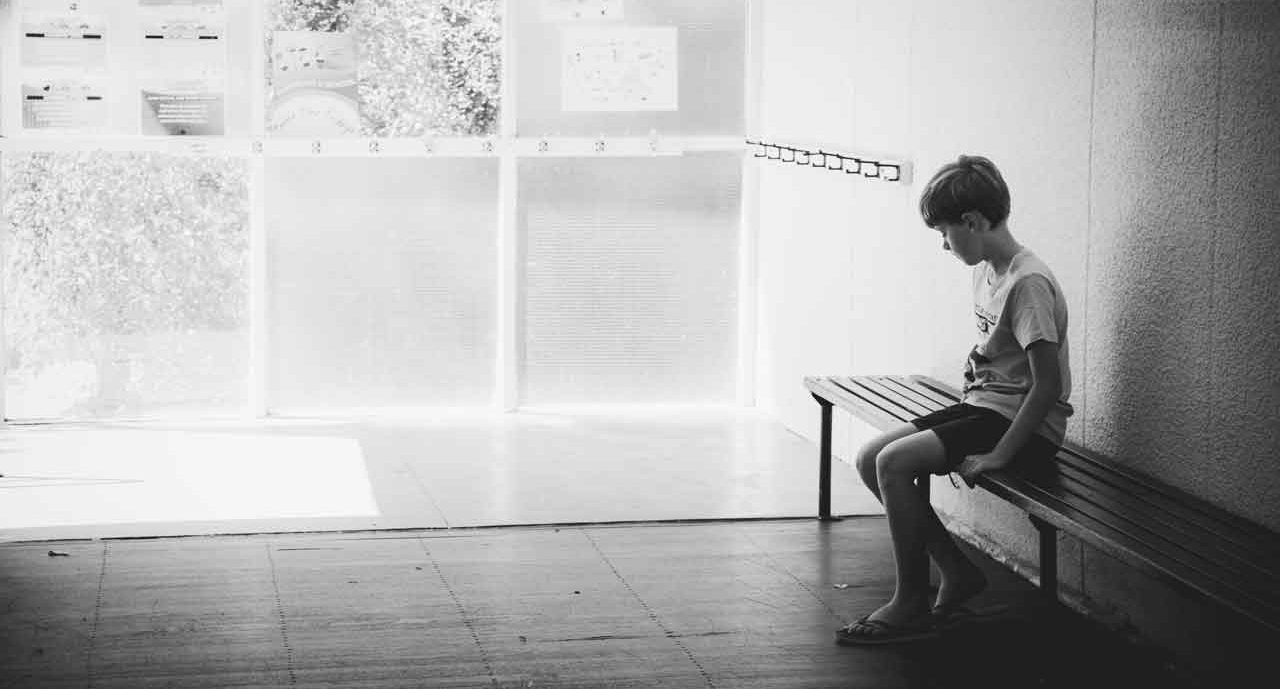Antisocial Personality Disorder

People with antisocial personality disorder must show signs and symptoms of this mental health disorder before adulthood, such as being cruel to animals.
What is antisocial personality disorder? Your friend might say “I’m antisocial,” meaning that he prefers to spend time alone rather than at parties. But when experts use the word “antisocial,” they don’t mean loners. To be diagnosed with antisocial personality disorder, you need to treat others badly, breaking trust and rules without remorse.
Our personalities arise from both genes and our experiences. Having a parent with antisocial personality disorder or alcoholism increases a child’s risk of developing the disorder, showing a lifelong pattern of criminality, impulsivity, irritability, and remorselessness.
YOU MIGHT ALSO LIKE: What Is Borderline Personality Disorder?
The signs start young, when boys set fires or are cruel to animals. Girls can have antisocial traits as well, but the disorder is far more common in males.
In children, rule-breaking behavior is called conduct disorder. The earlier the problems begin and the more severe they are, the more likely the child will be an antisocial adult.
As summarized by clinical psychologist Traci Stein, PhD, MPH, antisocial personality disorder is a pervasive pattern of disregard for and violation of the rights of others, occurring since age 15, as evidenced by three or more of the following:
- Failure to conform to social norms as evidenced by repeatedly performing acts that are grounds for arrest
- Deceitfulness
- Impulsivity
- Irritability and aggressiveness, as indicated by repeated physical fights or assaults
- Reckless disregard for the safety of others
- Consistent irresponsibility, as indicated by repeated failure to sustain consistent work behavior or honor financial commitments
- Lack of remorse, as being indifferent to or rationalizing having hurt others
- At least 18 years of age
In addition to the above, there is evidence of conduct disorder with onset before age 15 that
is not exclusively during the course of schizophrenia or bipolar disorder.
People with antisocial personality disorder often grow up in families full of conflict and suffer from harsh, inconsistent parenting. Poor children may end up in foster care or be adopted or live in group homes. They often skip school, join gangs, and abuse drugs. That pattern leads to unemployment, poor and unstable housing, and rocky adult relationships. Many end up in prison or die young because of their recklessness.
If people with antisocial personality disorder are better protected as children, they may be successful in areas of their life. They may be witty and charming when they want to be. They can flatter and manipulate people, playing cleverly on emotions to disguise their own goals. But inconsistencies show up when they fly into rages or demonstrate arrogance.
Someone with a lifelong disorder doesn’t learn from his mistakes and demonstrates no guilt or remorse when he hurts people. If you complain, you’ll get resistance, from criticism to revenge.
The more extreme behavior is called sociopathic or psychopathic. Less extreme or more calculated, not impulsive behavior is called narcissistic. The bottom line is that their hearts are cold.
According to clinical psychologist Stanton Samenow, PhD, author of “Inside the Criminal Mind,” the main difference between a narcissist and an antisocial person is that narcissists don’t get caught when they break the law.
Most of us have known someone, he writes, who is “incredibly self-centered and self-aggrandizing, who is untruthful and cannot be trusted, who fails to see things from any point of view other than his own, and who is able to eliminate fear (and conscience) long enough to pursue any means to an end. Invariably, others are betrayed, deceived, and emotionally (perhaps financially) injured. The narcissist may not commit an act that is illegal, but the damage he does may be devastating.”
There is no reliable treatment for antisocial personality disorder. In 2014, the first report appeared of success with the antipsychotic medication clozapine, which lessened symptoms among men in a high-security British prison. But people with this disorder rarely seek treatment and tend to get care only under a court mandate.
Updated:
January 14, 2019
Reviewed By:
Janet O’Dell, RN